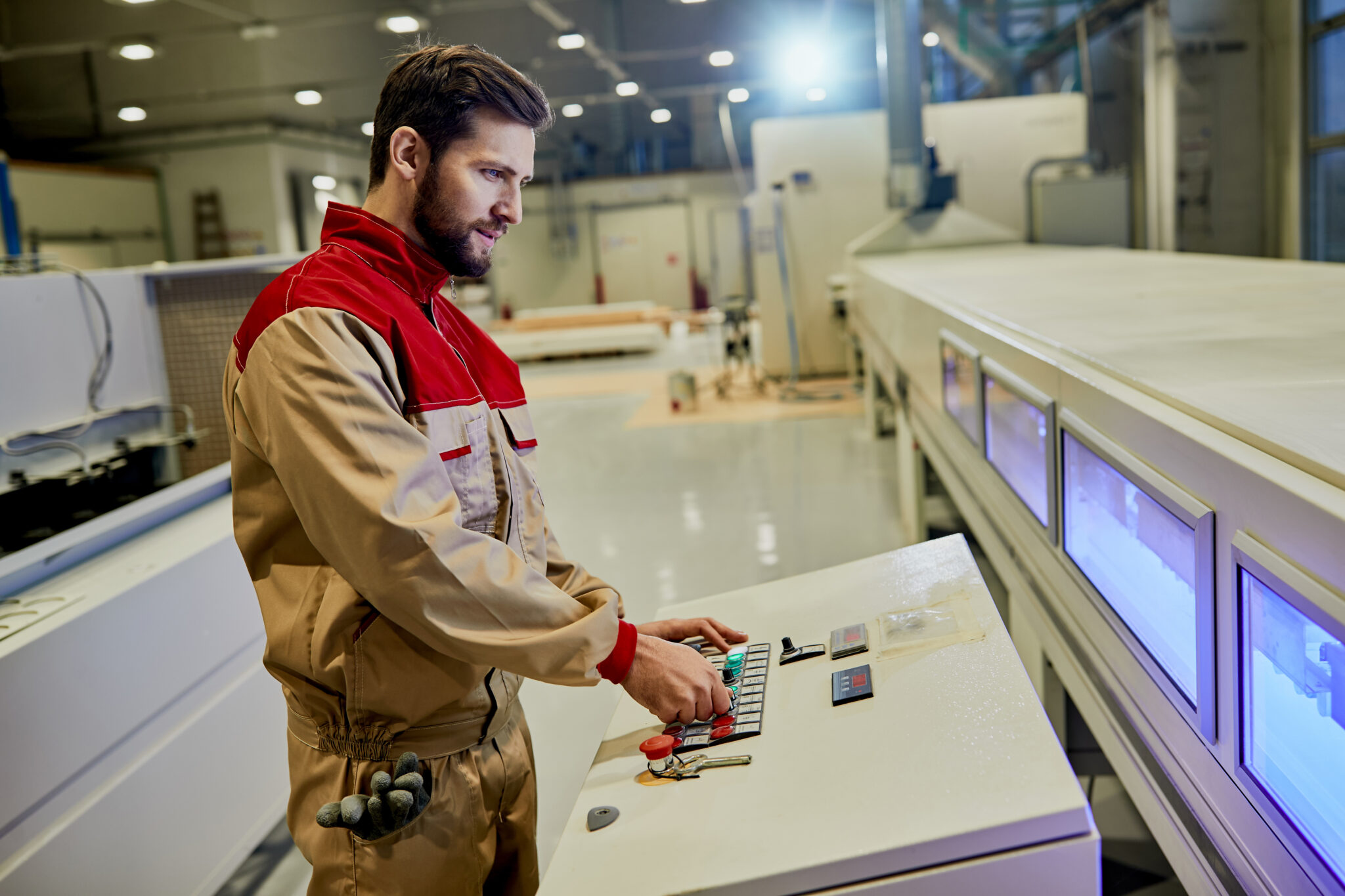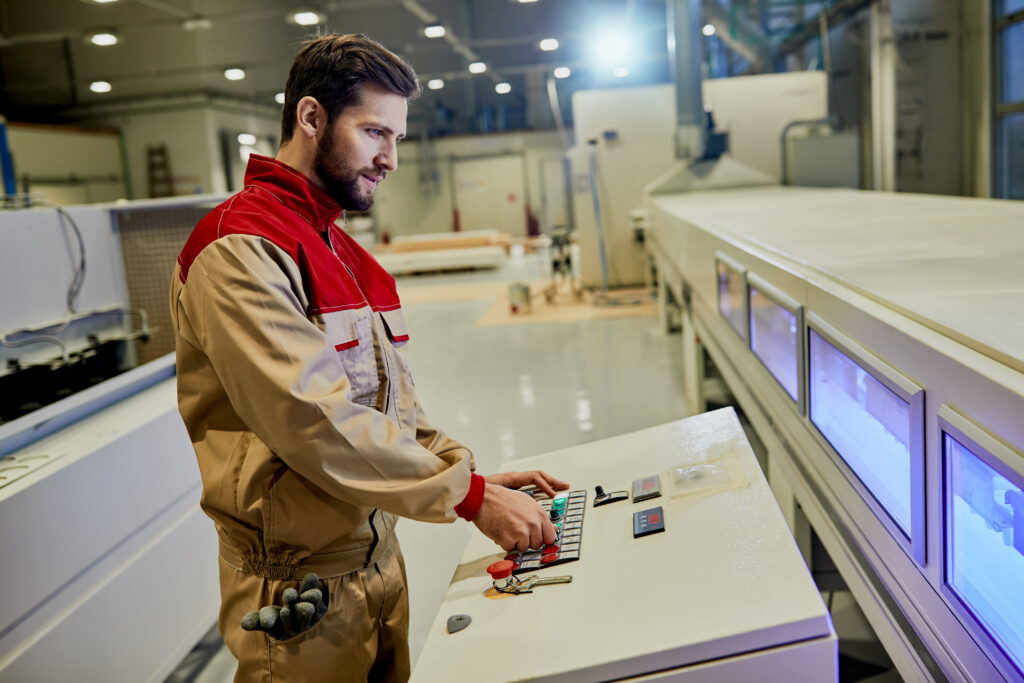In the rapidly changing world, refrigeration systems are about more than just cooling; they are about sustainability, efficiency, and innovation. At the core of this shift is the application of state-of-the-art materials that enhance operation, lower their negative effects on the environment, and promote energy efficiency. Let’s examine the ongoing impact of these game-changing materials on refrigeration systems in India.
Why Advanced Materials Matter in Refrigeration
Conventional refrigeration systems generally encounter problems such as energy inefficiency, wear and tear from traditional materials, and environmental dangers from refrigerants. Modern resources tackle these problems by:
- Improving Thermal Conductivity: Swifter and more effective cooling cycles are the outcome of enhanced heat transfer materials.
- Reducing Environmental Impact: Environmentally friendly materials abide by international sustainability standards and lower carbon release.
- Increasing Durability and Lifespan: Extended operational life with minimum maintenance is guaranteed by corrosion-resistant materials and high-strength metals.
How Innovative Materials are Transforming Refrigeration Systems
Innovative materials are being used to change a number of refrigeration system components, such as:
- Heat Exchangers: More effective heat dissipation results from the use of materials like graphene and carbon nanotubes, which enhance thermal conductivity.
- Compressor Components: Performance efficiency is maintained while energy usage is lowered via lightweight composites and high-strength alloys.
- Insulation Materials: Energy loss is minimized by improving thermal resistance with advanced aerogels and vacuum insulation panels.
Key Innovations in Advanced Materials
Phase Change Materials (PCMs): PCMs store and release thermal energy during phase transitions, stabilizing temperature fluctuations and enhancing energy efficiency.
- Nano-Enhanced Refrigerants: These refrigerants increase heat transfer rates, optimize energy usage, and reduce the environmental impact compared to traditional refrigerants.
- Smart Coatings: Anti-corrosive and self-cleaning coatings enhance durability and maintain efficiency, reducing maintenance costs.
Real-World Applications and Success Stories
A wide variety of sectors are using sophisticated materials, which are more than just theoretical concepts. For example, commercial refrigeration units now use nano-enhanced refrigerants, which results in a 20% increase in energy efficiency. The lifespan of heat exchangers in industrial cooling systems has also been considerably prolonged by smart coatings.
The Future of Refrigeration with Advanced Materials
As the demand for energy-efficient and eco-friendly refrigeration systems continues to grow, the role of advanced materials will become even more critical. Future trends include:
- Integration of IoT and Smart Materials: Enabling real-time monitoring and adaptive performance adjustments.
- Development of Bio-based Materials: Promoting sustainability and reducing dependency on synthetic compounds.
- 3D Printing of Custom Components: Allowing tailored solutions for specific refrigeration requirements.
“For over 120 years, we have been at the forefront of steel industry innovation. Today, our dedication lies in spearheading the path to a sustainable future for steel and steel manufacturing. Together, we forge a greener and more sustainable tomorrow.”
Revolutionizing Refrigeration: The Impact of Advanced Materials on Efficiency and Sustainability
Advanced materials are causing changes in modern refrigeration systems. By reducing their negative effects on the environment and boosting energy efficiency, these advancements are paving the way for a more efficient and sustainable future. As industries continue to evolve, adopting these materials will be crucial to preserving competitiveness and reaching global sustainability goals.
Explore the endless possibilities offered by innovative materials and stay up to date on the latest advancements in refrigeration technology.


